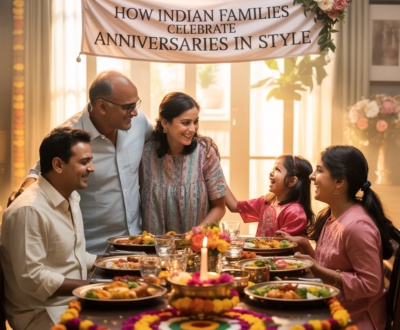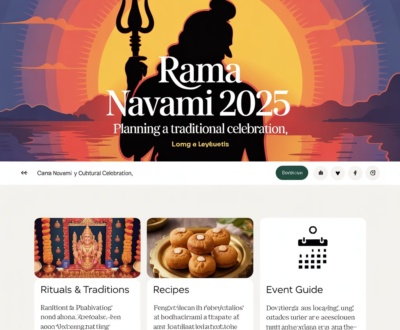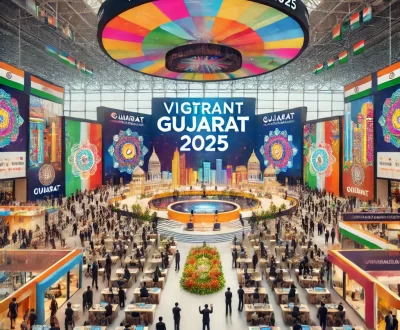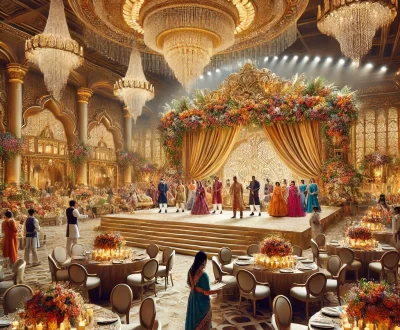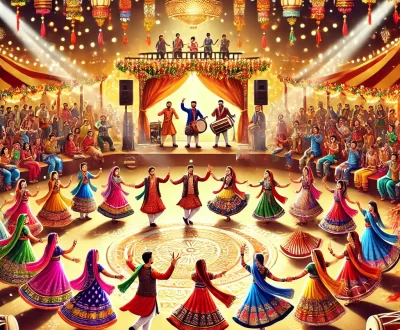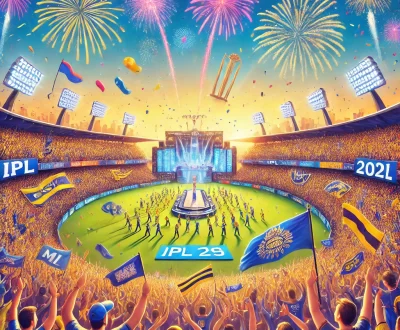
In today’s digital landscape, influencers play a pivotal role in marketing strategies across industries, including event management. Collaborating with influencers can significantly enhance an event’s reach, engagement, and overall success. This comprehensive guide explores the importance of influencer collaborations, strategies for effective partnerships, and practical steps for successful execution.
The Importance of Influencer Collaborations in Event Planning
Influencers have the power to sway public perception and drive engagement through their established relationships with their audience. When influencers endorse an event, their followers are more likely to attend, participate, and engage with the event’s content.
Key Benefits:
Increased Reach: Influencers can introduce your event to a wider, yet targeted audience.
Enhanced Credibility: A trusted influencer’s endorsement adds authenticity.
Higher Engagement: Influencers create interactive content that encourages audience participation.
Cost-Effective Marketing: Influencer collaborations can offer better ROI compared to traditional marketing.
Types of Influencers for Event Success
Understanding these types helps in selecting the right collaborators for your event.
Mega-Influencers: Celebrities with millions of followers. Ideal for large-scale events with broad appeal.
Macro-Influencers: Professionals with 100k to 1M followers. Best for events targeting specific demographics.
Micro-Influencers: Individuals with 10k to 100k followers. Great for niche events with highly engaged communities.
Nano-Influencers: Influencers with under 10k followers but strong community ties. Effective for hyper-local or community-centric events.
Steps to Collaborate with Influencers for Event Success
- Define Your Event Goals and Audience
Before reaching out to influencers, clearly outline your event’s objectives and identify your target audience. Determine whether the goal is to increase attendance, boost social media engagement, or generate brand awareness.
Questions to Ask:
What is the primary purpose of the event?
Who is the target audience?
What key messages should the influencers convey?
- Identify the Right Influencers
Use tools like BuzzSumo, Up fluence, or Heepsy to find influencers who align with your event’s goals and audience.
Selection Criteria:
Relevance: Does the influencer’s content match your event theme?
Engagement Rate: High engagement indicates a strong connection with their audience.
Authenticity: Genuine influencers foster more trust and interest.
- Reach Out and Build Relationships
Tips for Outreach:
Personalize your message.
Highlight mutual benefits.
Clearly explain the event’s vision and the influencer’s role.
- Collaborate on Content Creation
Influencers know their audience best, so involve them in content creation.
Content Ideas:
Event Announcements: Teasers and countdowns.
Behind-the-Scenes: Give followers a sneak peek into event preparations.
Live Coverage: Real-time updates during the event.
Post-Event Recaps: Highlights and testimonials.
- Leverage Social Media Platforms
Choose platforms based on your audience and event type.
Platform Considerations:
Instagram: Ideal for visually appealing content.
Facebook: Great for community building.
TikTok: Perfect for engaging younger audiences.
LinkedIn: Best for corporate or professional events.
- Monitor and Analyze Performance
Track the effectiveness of your influencer collaboration.
Key Metrics:
Engagement Rate: Likes, comments, shares.
Reach and Impressions: Audience size reached.
Attendance: Increase in registrations.
Social Mentions: Hashtag performance and brand mentions.
Best Practices for Successful Influencer Collaborations
Set Clear Expectations: Define deliverables, timelines, and performance metrics.
Ensure Authenticity: Allow influencers to communicate in their authentic voice.
Foster Long-Term Relationships: Build lasting partnerships for future events.
Acknowledge Their Efforts: Publicly appreciate influencers’ contributions.
Challenges and How to Overcome Them
- Finding the Right Influencer
Use data-driven tools and conduct thorough research.
- Misaligned Expectations
Draft clear contracts outlining roles, expectations, and compensation.
- Low Engagement
Collaborate with influencers who have authentic connections with their audience.
- Budget Constraints
Work with micro or nano-influencers who often deliver high engagement at lower costs.
Conclusion
Influencer collaborations can significantly amplify an event’s success when executed strategically. By choosing the right influencers, fostering genuine partnerships, and leveraging engaging content, event planners can create memorable experiences and achieve their marketing goals
Subscribe to our newsletter!
More from our blog
See all postsRecent Posts
- How Indian Families Celebrate Anniversaries in Style May 28, 2025
- Rama Navami 2025: Planning a Traditional Celebration April 7, 2025
- Event Management of Maha Kumbh Mela 2025: A Grand Organizational Marvel March 26, 2025

